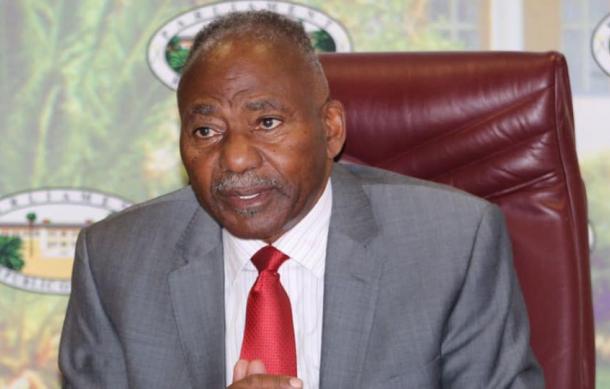
The Speaker of the National Assembly says there is a need to ensure that the education systems remain open, flexible, accessible, and inclusive in order to achieve Sustainable Development Goal 4, which aims to ensure inclusive and equitable quality education for all.
Professor Katjavivi, speaking during the second Regional Model Symposium held in Windhoek, noted that open universities are essential for providing accessible, high-quality education and fostering innovation.
He, however, says universities and open learning often face resource constraints.
"Over the next two days, you will explore thematic areas like leveraging digital technologies for student success, rethinking online assessments, adapting to AI in professional development, and technology-mediated teaching for employability. These discussions hold the potential to unravel challenges and brighten the path to a brighter future."
The Director of the Namibia College of Open Learning (NAMCOL), Dr. Heroldt Murangi, noted that the demand for education at all levels continues to increase, and this remains a challenge for open schools, TVET, and tertiary education.
"The demand for tertiary education will increase its target tracks of reducing barriers to skill development at all levels of education and providing lifelong learning opportunities to youth and adults."
Dr. Murangi highlighted the importance of technology use at the symposium held under the theme "Leveraging Technology for Enhanced Higher Education: Insights into Student Support, Teaching, Learning, and Assessment."
"The use of technology promotes student active engagement and participation in the learning process; there is no turning point. We have learned good lessons from the COVID-19 pandemic when it caused disruption to teaching and learning; therefore, we should continue embracing technology to enhance education delivery."
The two-day symposium is a partnership between NAMCOL, UNISA, and the Botswana Open University.





